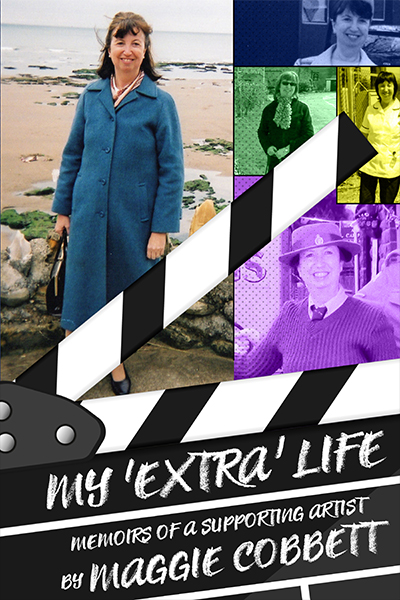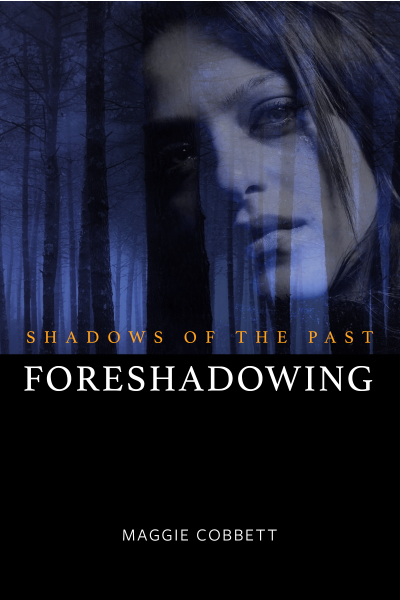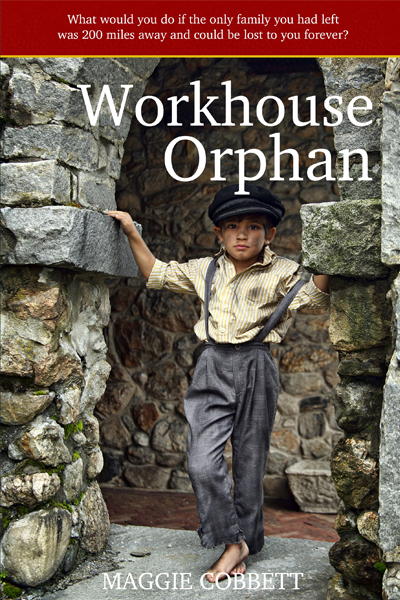Hello, and thank you for visiting my site. I hope that you'll return often and always find something of interest about my world and what inspires me to pick up a pen. (This is a figure of speech, unfortunately. My handwriting is terrible!) Here's what I've been up to recently...
Shakespeare in York

The pop-up Rose Theatre, erected below Cliffords Tower, has been an overwhelming success this summer. The historic 13-sided design of a 16th century theatre, created from scaffolding, wood and corrugated iron, housed an audience of 950. Tiered balconies provided seats for 600 and the open-roofed courtyard allowed standing room for 350 groundlings. Outside the theatre, the Village had food stalls, free wagon performances and other forms of Elizabethan entertainment – watered down, thank goodness! There was no bear baiting and the human heads on spikes at the entrance were – I hope – synthetic! The young lady in the photograph above was singing numbers popular in Shakespeare’s day.

Four well known plays were on offer this year, of which I saw two. To add to the verisimilitude of the staging, there were no microphones and the dialogue wasn’t always easy to catch, particularly from the higher tiers of the balconies. Seats in general were expensive, but I treated myself rather than stand for up to 90 minutes at a time. Groundlings were only allowed to sit down when space permitted, either on cushions they had brought with them and/or with their backs to the scaffolding. They were never allowed umbrellas, whatever the weather, as those would have obscured the view of the people behind them. However, they did have much closer interaction with the actors. Those fortunate enough to arrive first were even allowed to lean on the stage itself. The photo above shows the interval in Macbeth – with ‘blood’ being washed away. The groundlings had been shoulder to shoulder during the first act of that performance and would be again for the second, sometimes elbowed aside by characters making their entrances and exits, but nothing seemed to sap their enthusiasm.

Romeo and Juliet appeared to be set in Mussolini’s Italy, at least as far as the uniforms of the Duke and his men were concerned, with a dash of Venetian carnival. With a more open-minded approach to casting than used to be the case, it came as no big surprise that Mercutio was played by a woman and the Duke by a black actor. One of his ‘men’ was both female and black. The leads were played by Alexander Vlahos (Philippe in ‘Versailles’) and Alexandra Dowling (Queen Anne in ‘The Musketeers’), both favourite actors of mine, and their performances didn’t disappoint. The audience was attentive but not reverential, as witness the fact that someone wolf-whistled when Romeo got out of bed in his underpants at the beginning of Act 2. Alex grinned and took a slight bow.

Macbeth was a visual feast of fur and leather with gore by the bucketful. There was a great deal to enjoy, including some impressive sword fighting. Richard Standing and Leandra Ashton led a strong cast and much use was made of the many different ways to enter and exit the stage, including a large trapdoor. At times it emitted smoke and it also provided an all too temporary refuge for Macduff’s children. There were quite a few other surprises for the audience, the main one being that the witches – two women and a man – were represented as conniving underlings/occasional murderers rather than supernatural beings. As no doubt in Shakespeare’s time, there was some doubling up, notably that of Hecate/ Lady Macbeth’s maid and King Duncan/ the Porter. It all worked well, though. I hope the Bard (or Upstart Crow, for fans of David Mitchell) would have approved.
‘Midsummer Night’s Dream’ and ‘Richard III’ will have to wait for another time. Maybe next year?
4 September, 2018 - Make the first comment on this story



